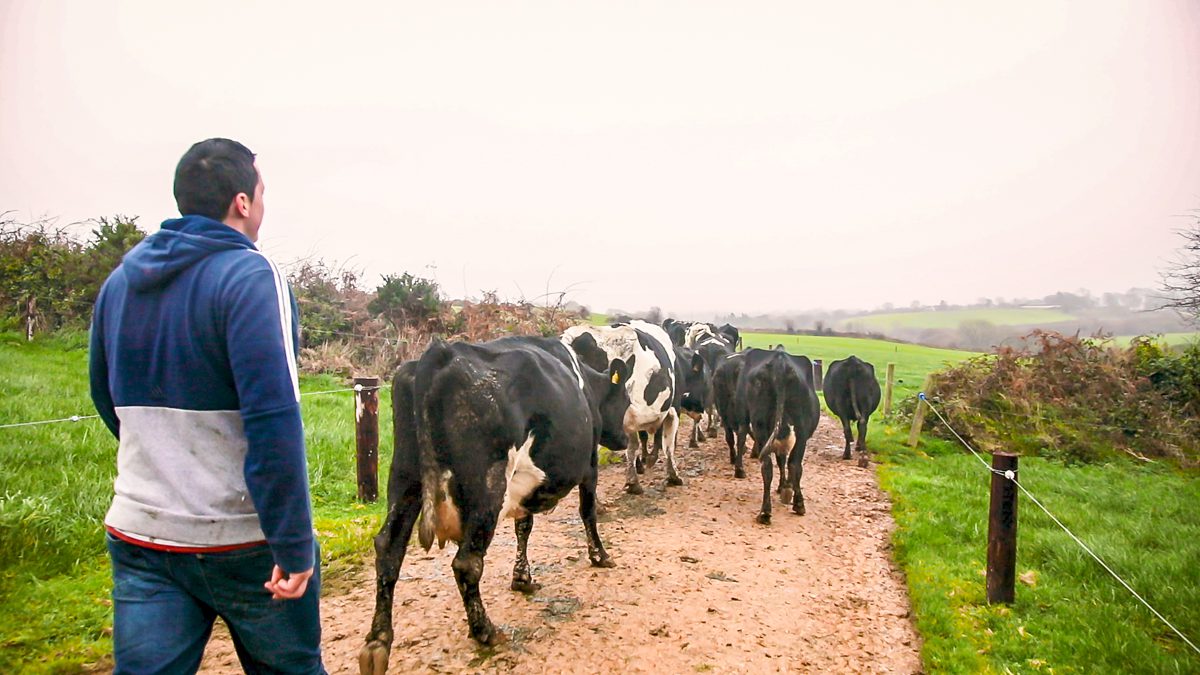There has been a lot of talk this week about the possible impact of increases in the National Living Wage on agriculture. But surely it’s time to look at this issue from a different perspective, where farming is concerned.
The reality is that agriculture is the most volatile industry that anyone can be involved in. Producer prices can fluctuate to a tremendous degree – and with little or no warning. What’s more, farmers have no control, whatsoever, over these changes.
Official figures clearly show that many farmers fail to generate an income that is much above the National Living Wage figure.
In other words, farmers can hardly afford to lay themselves a living wage, never mind those working for them.
One way to put this issue into a clearer perspective is for the Government to commit to a guaranteed price policy for agricultural goods.
In such circumstances, farmers could be assured of a minimum price for the produce they bring to market.
Such an approach would help tackle the challenge of volatility, head on while providing farmers with a degree of certainty, as they plan for the future. Such an approach can be justified on the back of a national food security priority.
The UK’s current membership of the EU rules out such an approach being taken. But this would all change, once Brexit becomes a reality. Once outside the remit of the Common Agricultural Policy, the UK government can take whatever steps it likes to both support farmers and encourage higher levels for food security.
Guaranteed payments have been used as a means of encouraging economic stability within agriculture in the past. So, there is no reason why they cannot be used in a similar fashion as agriculture looks to the future.
The days of cheap food are over. One of the reasons for this being the case is because farmers have no option but to absorb the cost of the National Living Wage while, at the same time, having to accept below cost of production prices on a pretty regular basis.
Committing to a guaranteed price regime would be one way for the UK Government to recognise this reality.
The other option is for the Government to ensure that farmers get a higher proportion of the monies coming into the food chain through retail sales.
This would require pressure being put on the supermarkets in order to make their trading practices more transparent. And up to this point in time, the authorities have seemed very loathe to take this form of action.

